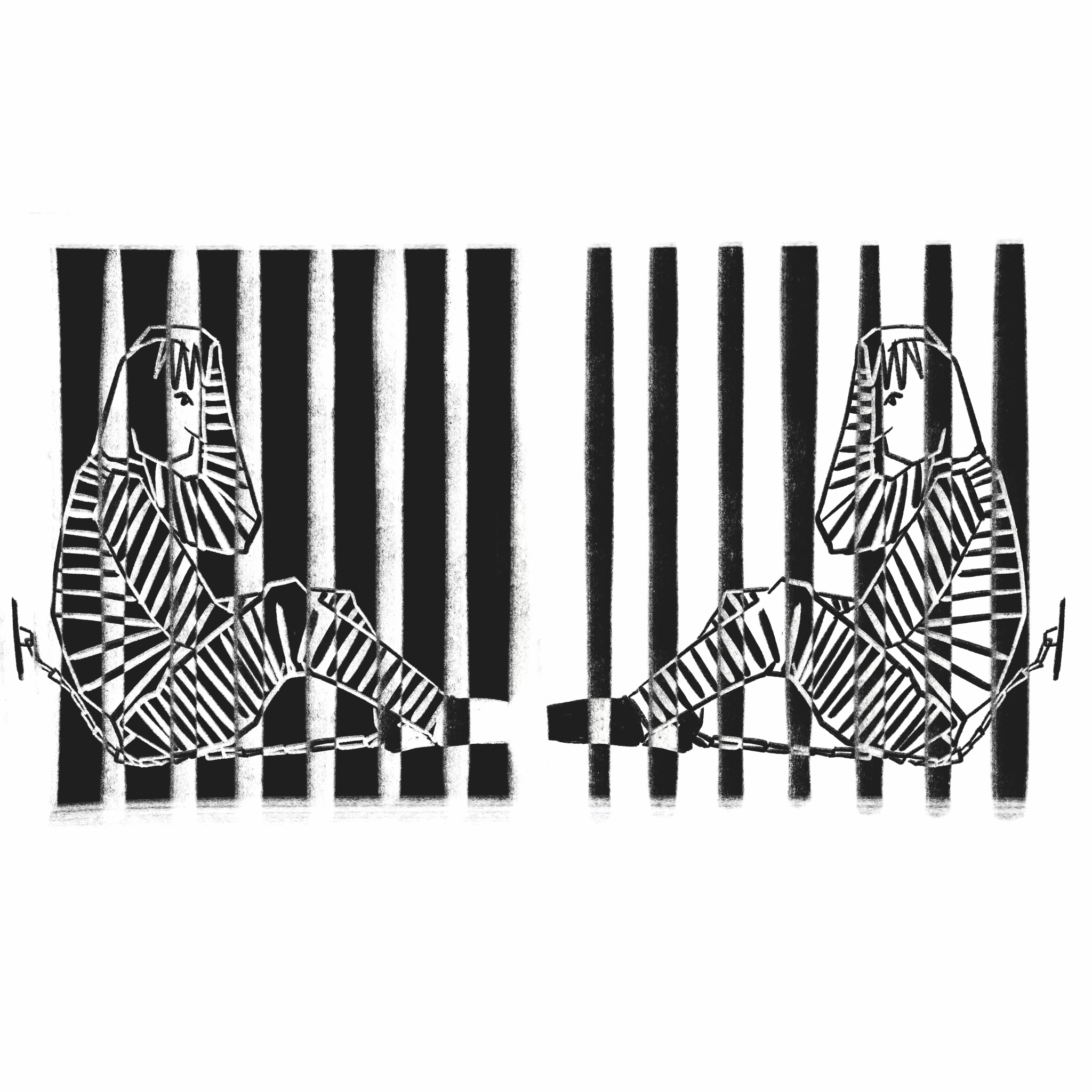On principle
February 7, 2025
 This
piece represents the opinion of the author
.
This
piece represents the opinion of the author
.
 Henry Abbott
Henry Abbott
While “retired Nazi propagandist” is not a career path currently in vogue, “Mother Night” is an apathetic nightmare that rings in eerie tune with some of my waking moments. Of course, apathy is not so easy to spot. Grievous moral ennui might play out in public political or social proceedings, but an ideological aversion to belief is where this evil first takes root. Ours is a culture too quick to mistake discipline for repression and commitment for bondage.
A principle is a fundamental proposition that serves as the basis for one’s system of reasoning and decision-making. Without them, we are directionless.
In “Beyond Good and Evil,” Nietzsche advocates for a “narrowing of perspective,” arguing that a submission to principles, however arbitrary, is a necessary condition for absolute human prospering: “The long bondage of the spirit, the distrustful constraint in the communicability of ideas, the discipline which the thinker imposed on himself to think in accordance with the rules of a church or a court … —all this violence, arbitrariness, severity, dreadfulness, and unreasonableness, has proved itself the disciplinary means whereby the European spirit has attained its strength, its remorseless curiosity and subtle mobility.” Nietzsche believes that restraint begets freedom, namely creative freedom, which begets human flourishing. It is this reasoning that inspired my favorites, the White Stripes, to strictly perform (across their six studio album discography!) on only three instruments. It is also this reasoning that buttresses my suspicion that it is better to live with a couple rules than none at all.
The allure of the cavalier runs deep. Popular attitude tells us that a “try hard” or a rule follower are amongst the worst, most deeply uncool things a person might be. Ours is a culture of lightness. This lightness protects us from the harrowing responsibility of caring, a reality wherein you have something to lose. But there’s no freedom for a person in a world in which they lay no claim and have no stake because before them there is only choice. The person without a single rule to respect, thing to care about or word to abide by is a person with infinite options. They are bound to nothing, anchored to no rock and guided by no hand. Freedom—in this very narrow sense of “opportunity”—looks more like a paralysis-wrought wasteland than a landscape of human flourishing. Anarchy means isolation.
Thus, sometime last year, I figured that I needed a couple of maxims of my own: One, be moved in the presence of invisible things; two, comparisons are odious; three, God is God; four, seek physical discomfort and unite; five, be quiet.
I will spend the course of this column unpacking these principles and defending their virtue. The aim of this column is not to offer the Bowdoin community insight into the life of my mind but, rather, to encourage and evince the benefits of living by a code of conduct. In the public imagination, rules and regulations belong to the domain of the oppressor. That is, structure acts as an obstruction of liberty. Over the semester, I hope to reveal that a life of principles—a life bound by self-imposed constraints and hard boundaries—is actually a life of tremendous freedom.

Comments
Before submitting a comment, please review our comment policy. Some key points from the policy: